Sati

Please tell us a little bit about SATI and how it came to be.
SATI Foundation was established in 2014 in response to the growing need for accessible, youth-centered mental health and education support in Thailand. It began as a grassroots effort to reach marginalized and underserved young people - especially those facing poverty, trauma, or displacement - through practical, community-based interventions.
Recognizing the deep connections between mental health, education, and social well-being, SATI was founded on the belief that holistic support can empower youth to lead healthier, more hopeful lives. Over the years, it has evolved into a nationwide initiative offering counselling, life skills workshops, creative arts programs, and movement-based activities like Muay Thai and skateboarding. SATI's programs are built on trust, inclusion, and trauma-informed care - always putting youth at the center of the solution.
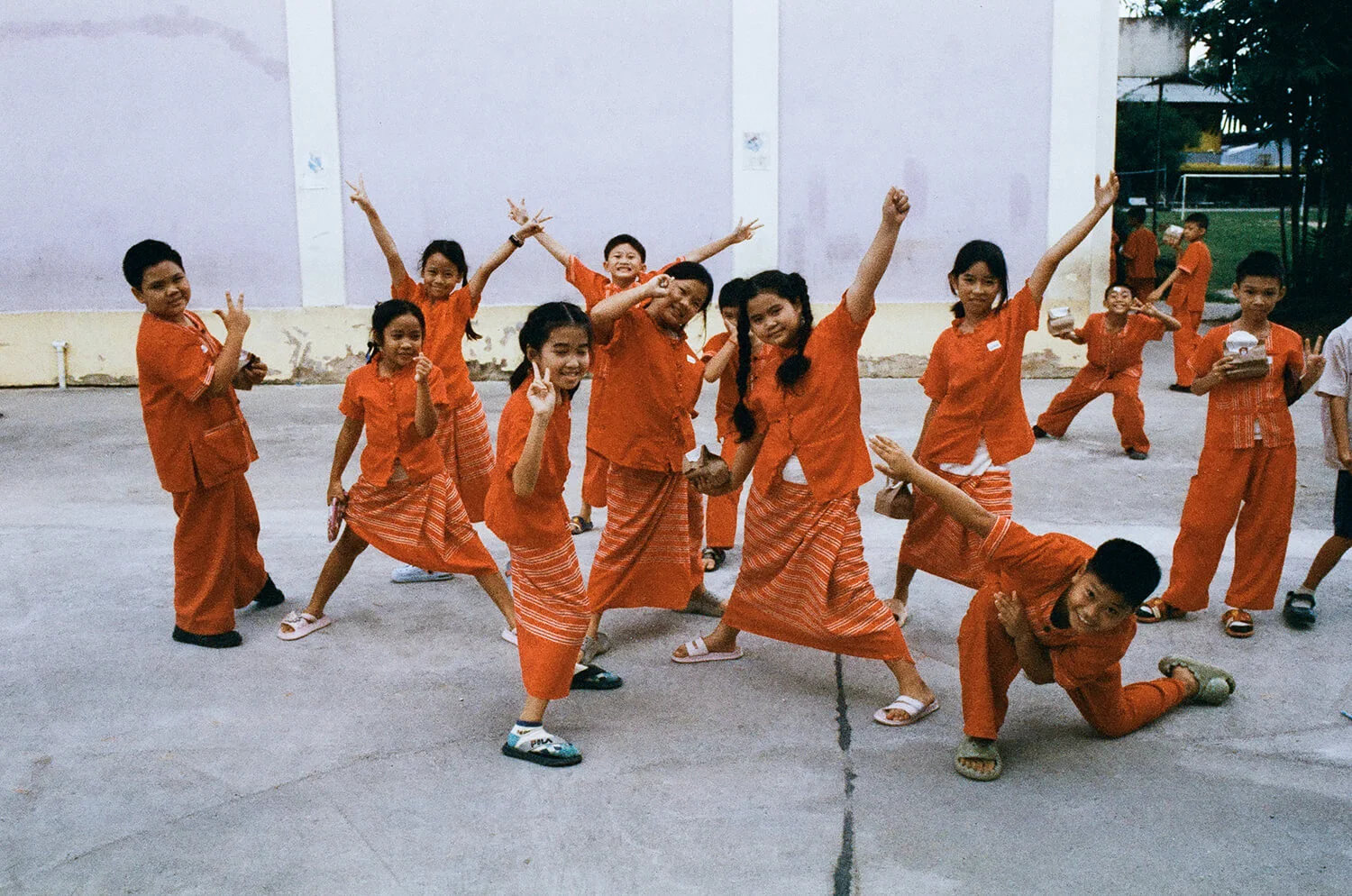
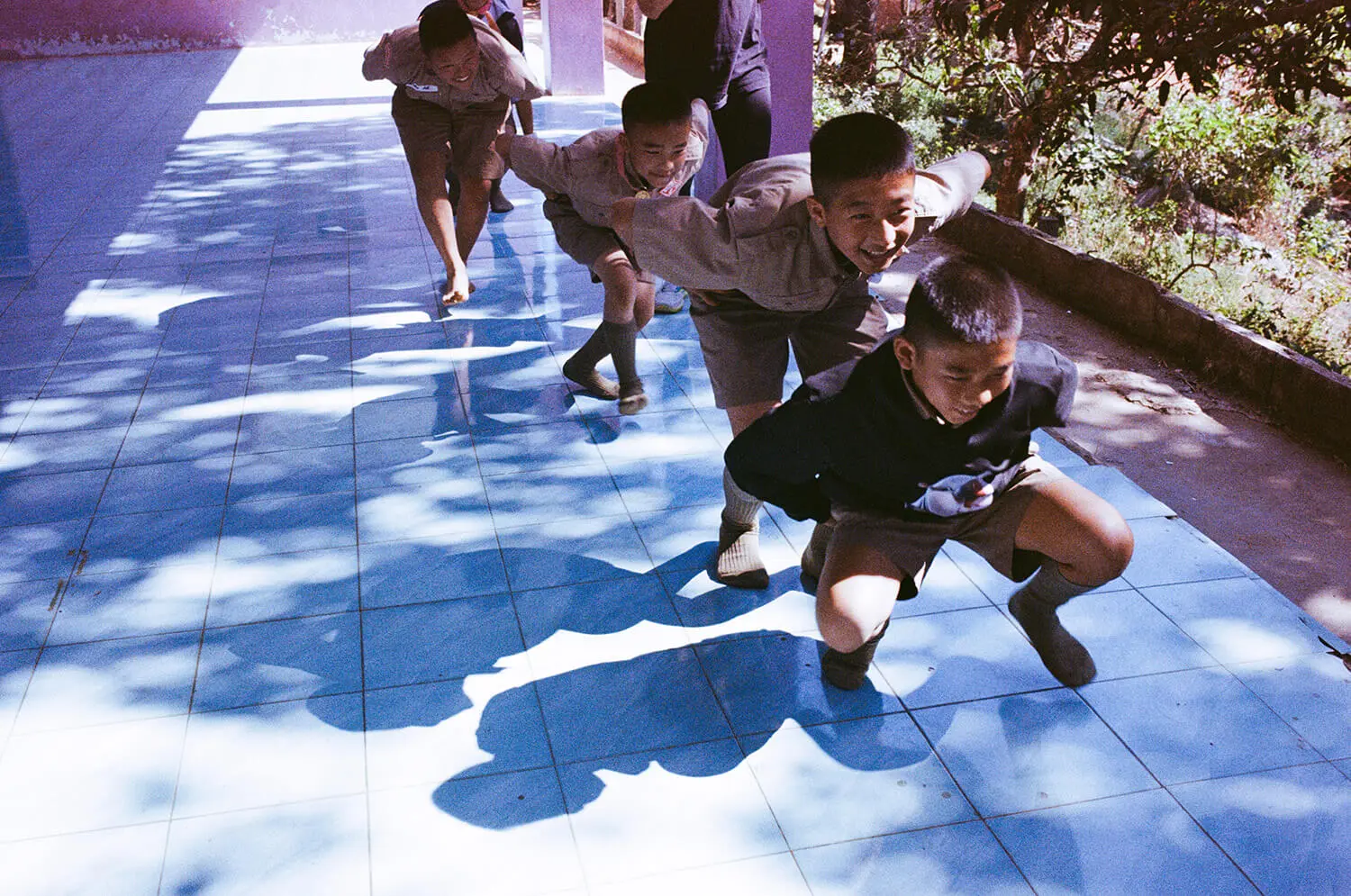
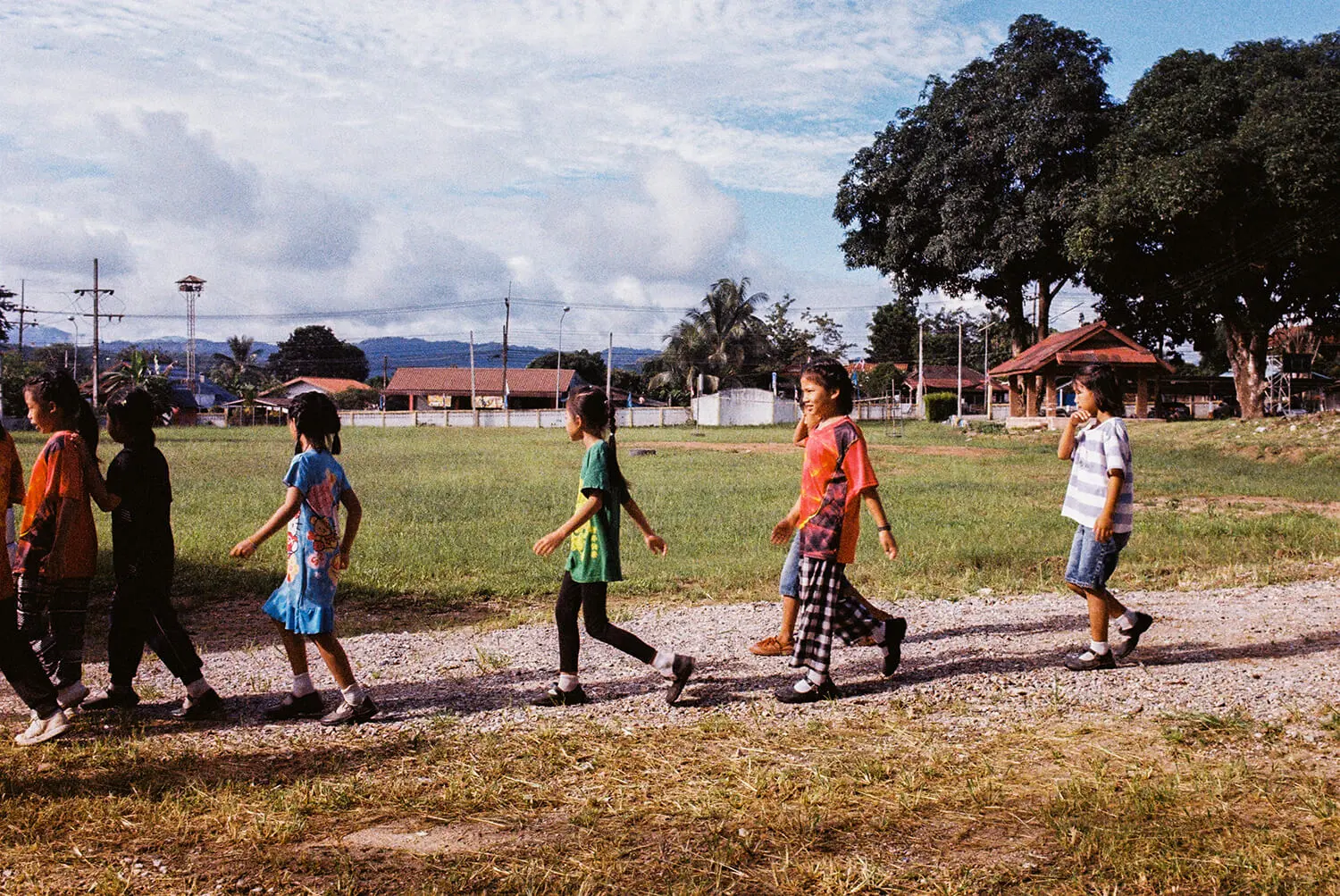
One thing I found inspiring when learning about SATI was to see how even a small team of people can clearly have a big impact. How do you make this work?
It starts with listening. We never walk into a community assuming we know what young people need. Instead, we spend time getting to know them, understanding their world, and hearing what they're actually dealing with. Then we design our programs to respond to those real challenges on the ground.
We try to make everything connect. For example, when a teenager joins our Muay Thai program, they're not just learning to fight, they're building confidence, emotional health and developing life skills. Same with skateboarding or our creative workshops. Each activity serves multiple purposes, which means every hour spent has a deeper impact.
The schools, local groups, therapists, and volunteers we collaborate with aren't just helpers, they're the reason our programs can reach so many kids even though we are small.
It’s very important to simply show up. Trust doesn't happen overnight, especially with young people who've been let down before and our long-term presence in communities builds strong relationships that make deeper change possible. At its heart, SATI works because of people - our team, our partners, and the youth themselves. Everyone contributes, and that shared commitment multiplies our impact.
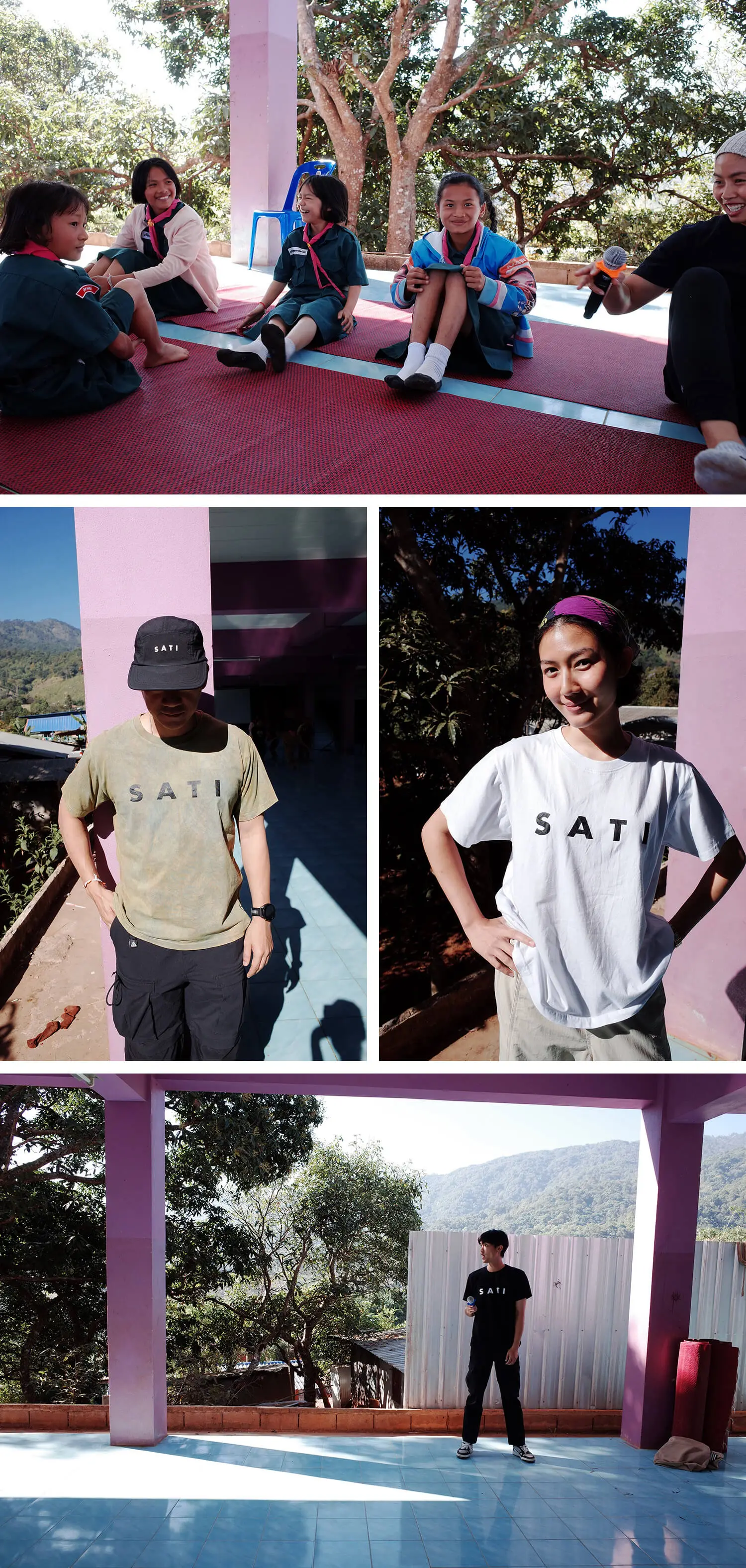
You place a strong emphasis on encouraging creativity in young people. What do you feel are the benefits of this?
Creativity can be transformative, a way to heal and grow. When a child is dealing with stress or trauma, having a way to express what's going on inside can be everything. Creative activities give young people a safe outlet to process complex emotions they may not be able to put into words.
Furthermore, creativity can build confidence as well improve critical thinking and problem solving. When a child completes their project, it can positively shift their sense of self, building pride, ownership and a belief in their own abilities. Building confidence that can spread to other parts of their life. Thinking flexibly and the ability to experiment with things are skills that will help them navigate challenges beyond the studio.
Group creative work fosters teamwork, empathy and community, as well as a sense of belonging and connection that they might lack in their daily lives. Children who might never talk to each other otherwise are suddenly collaborating, cheering each other on, celebrating their differences.
Creativity helps young people imagine new possibilities for themselves, and that can be the first step towards real change.
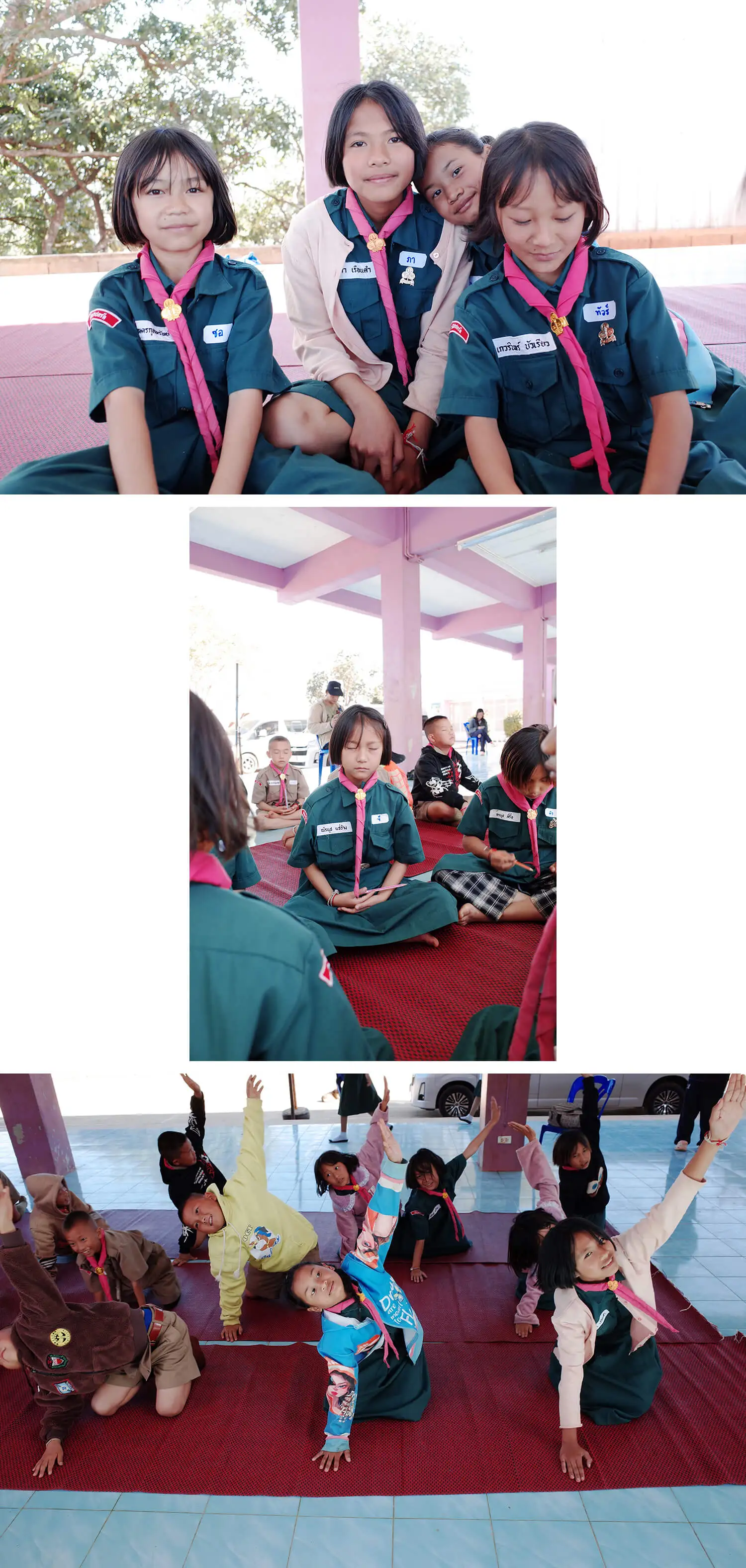
What are some of the other tools you use to engage with young people? I noticed skateboarding workshops for example.
Yes, skateboarding is one of our most loved tools. It reflects our wider approach to meet young people where they are, using movement, culture and community to build trust and engagement. We think skateboarding naturally teaches resilience - you fall down, you get back up and try again… and that mindset stays with them far beyond the board.
We've found that movement really works. Beyond skateboarding, we run Muay Thai classes and dance workshops and other outdoor physical activities. Getting their bodies moving seems to help with stress, confidence and just feeling good about themselves.
Then there's creative expression. We've got art sessions, photography, music and storytelling workshops. The children can explore their identity, express emotions and develop their own voice in a supportive and constructive environment.
Our mental health education works on developing emotional literacy and dealing with bullying. Sex education too, which of course parents can struggle with at home. These sessions give them practical stuff they can actually use when they're dealing with real-life challenges..
Our trained psychology team runs both one-on-one counseling and group sessions to support youth with emotional and mental health challenges, in spaces that feel safe and welcoming. Cultural sensitivity is important since we work with such diverse communities.
Vocational training through partnerships like with Na Café, where the young learn hospitality skills in a real working café environment, thus building pathways to future employment and independence.
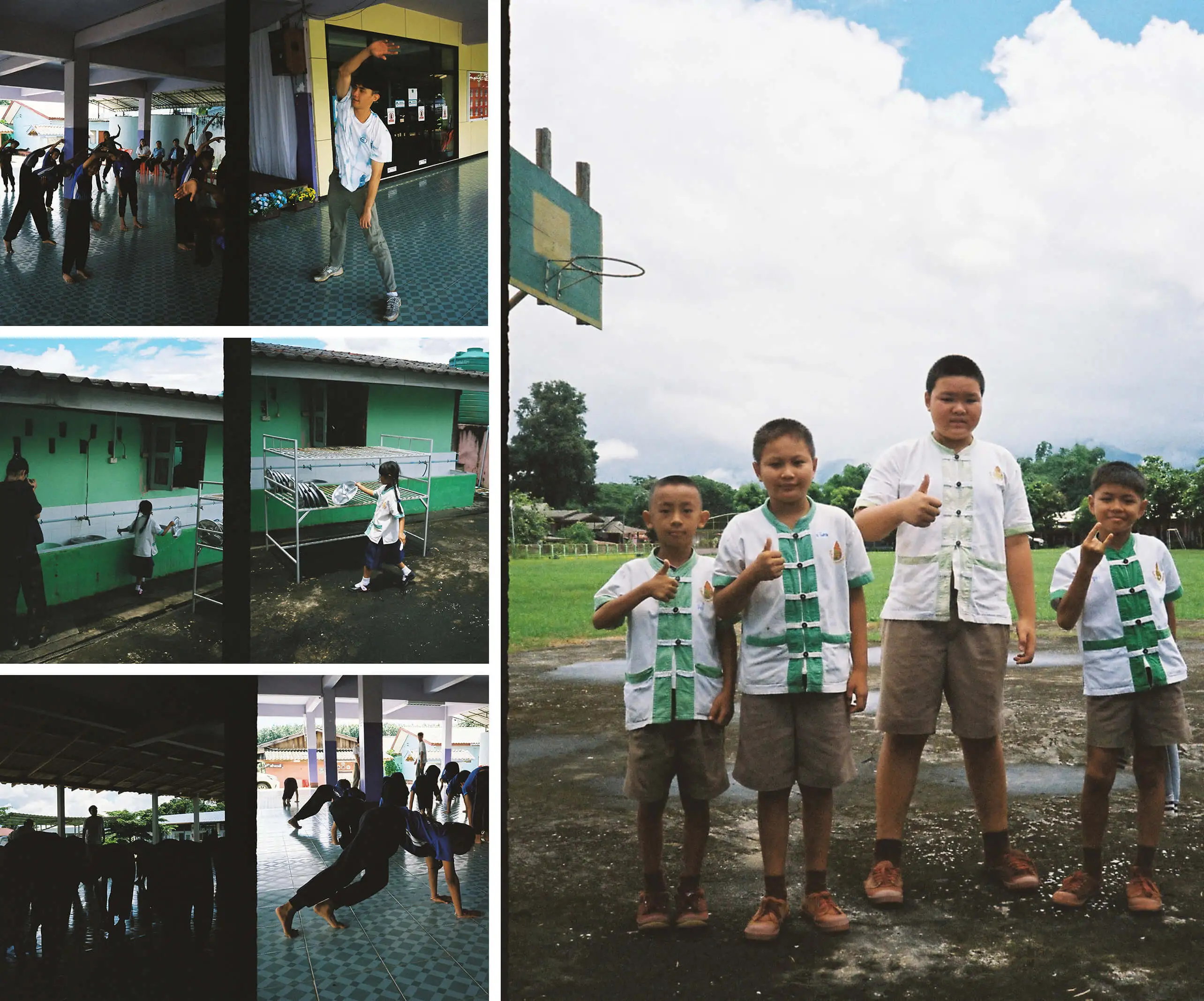
You describe looking for "a different model that did not rely on a culture of pity and charity, but rather one oriented towards empathy and empowerment." Can you share an example where your approach led to meaningful change?
Absolutely. One powerful example is our ongoing work with a group of youth from Hua Lamphong, an area in Bangkok where many young people face substance abuse, unstable housing, and generational poverty.
We started with something very practical: vocational training and job opportunities. Through our program at Na Café, youth can gain hands-on experience in hospitality while working in a safe, supportive environment. It’s not just about earning money - it’s about finding a sense of self-worth, confidence, and belonging. For many, this is the first time they’ve worked in a place where they feel respected and valued.
We also partner with larger organizations - like a leading hotel, where youth can be sent for professional training, and a concert production company, which gives them chances to work as event staff. These experiences expose them to the real working world, help them build new friendships, and take them out of the unsafe environments they’re used to. Then comes Muay Thai. Instead of approaching them with pity or framing them as victims, we invited them into regular Muay Thai sessions - led by fighters and coaches who themselves had overcome hardship. These sessions weren’t just about fitness. They created a consistent, respectful space where the youth could build discipline, confidence, and trust.
Over time, we saw real change: some of these youth began showing up early to help set up, mentoring younger kids, and even stepping into leadership roles during other workshops. One participant, who initially avoided any eye contact or group activity, is now a youth peer leader who helps organize weekend sessions and speaks openly about mental health with others.
This transformation didn’t come from charity - it came from being seen, supported, and invited to grow. That’s the power of a truly holistic, empowerment-based model.
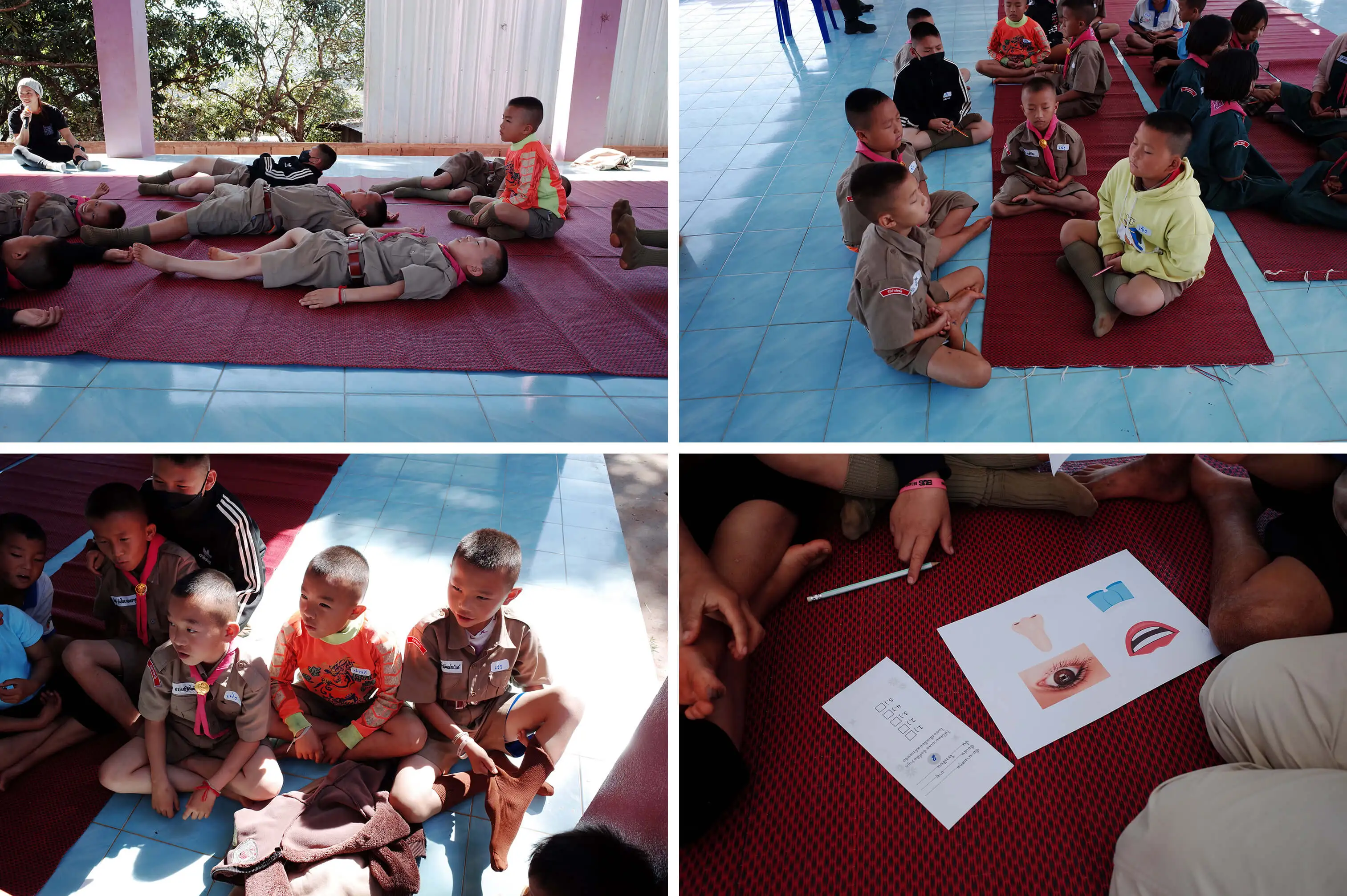
It can be a bit bleak when you look at the scale of challenges that face the world today. But somehow when you come into contact with children, it's very hard not to feel hope and optimism for the future! How do you see the challenges the children you come into contact with are facing evolving in future years?
We’re seeing a few key shifts in the challenges facing the children we work with.
Emotional pressure and isolation are increasing, especially after the pandemic. Many young people feel disconnected from stable family systems or overwhelmed by social comparison and digital life.
The stigma around mental health is slowly decreasing, but access to care remains very difficult, especially if you're from a migrant family or living in a rural community. Without intervention, we risk a generation that carries untreated trauma.
Economic and environmental instability is pushing families into survival mode. This means that young people are expected to start working earlier, care for their siblings or leave school, all of which limits their ability to imagine new futures.
Identity and safety continue to be complex for LGBTQ+ youth or those from marginalized backgrounds, who often feel unseen or unsafe in mainstream systems. That said, we’re also seeing incredible resilience. Youth today are more open to talking about mental health, more digitally connected to ideas and communities, and more motivated to create change, providing they are given the space and support. So yes, the challenges are real, but so is the potential. And that’s what keeps us going.
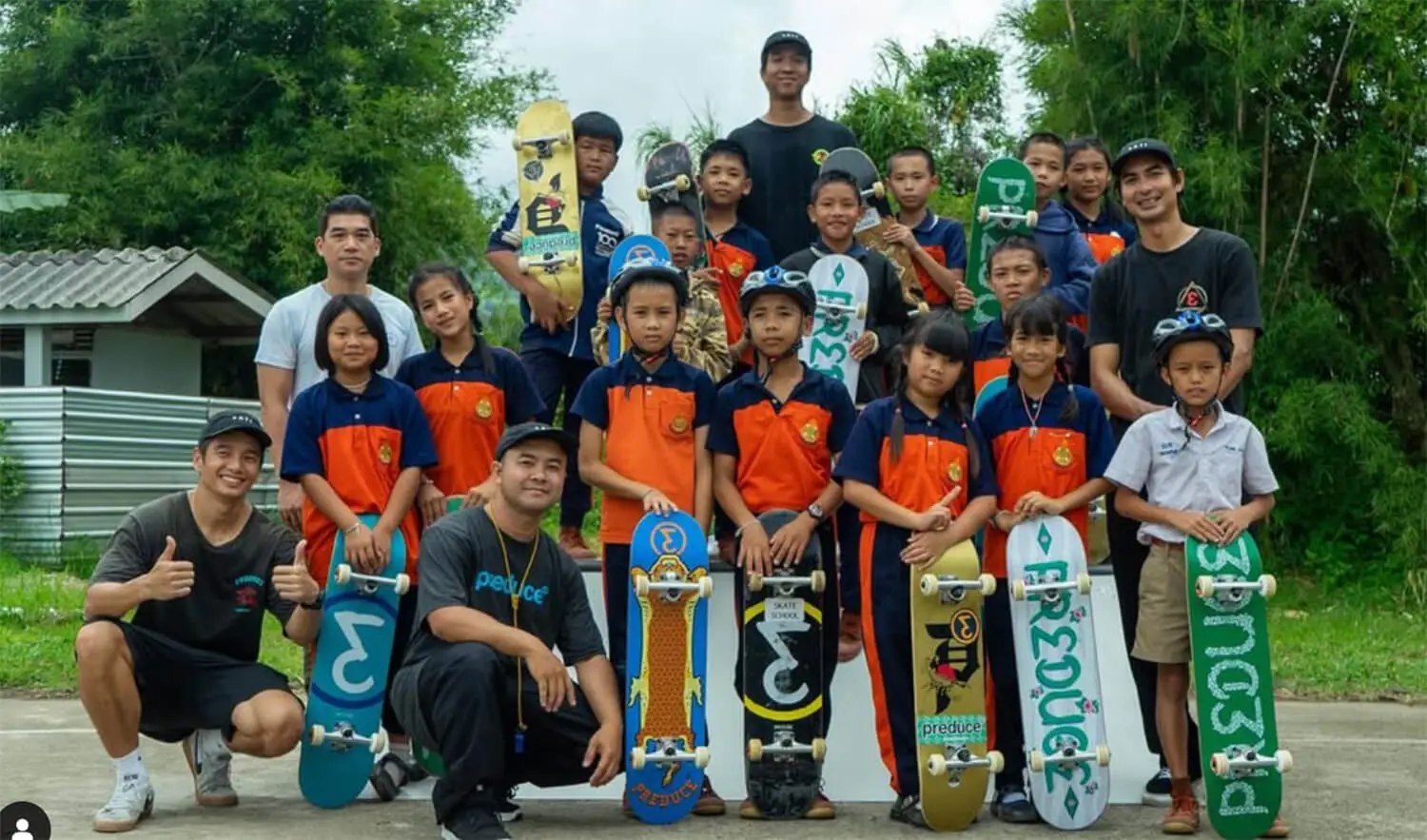
What does Thailand today mean to you?
To us, Thailand today is a place of many layers. It’s a country where the same street can hold a temple, a big mall, and a slum - where beauty and hardship live side by side. We see it most clearly in the lives of young people, who often carry more than they should: pressure to succeed, to care for others, to stay silent about their struggles.
Being young in Thailand isn’t always easy. But it’s also where we find the most hope.
In every community we visit, we meet youth who are thoughtful, creative, and incredibly strong. Even when the path is uneven, they show up - with questions, with kindness, with quiet courage. They remind us that change doesn’t have to be loud to be powerful.
So for us, Thailand today is still growing. It’s imperfect, sometimes overwhelming - but it’s full of possibility. And we feel lucky to walk alongside the young people who are shaping what comes next.
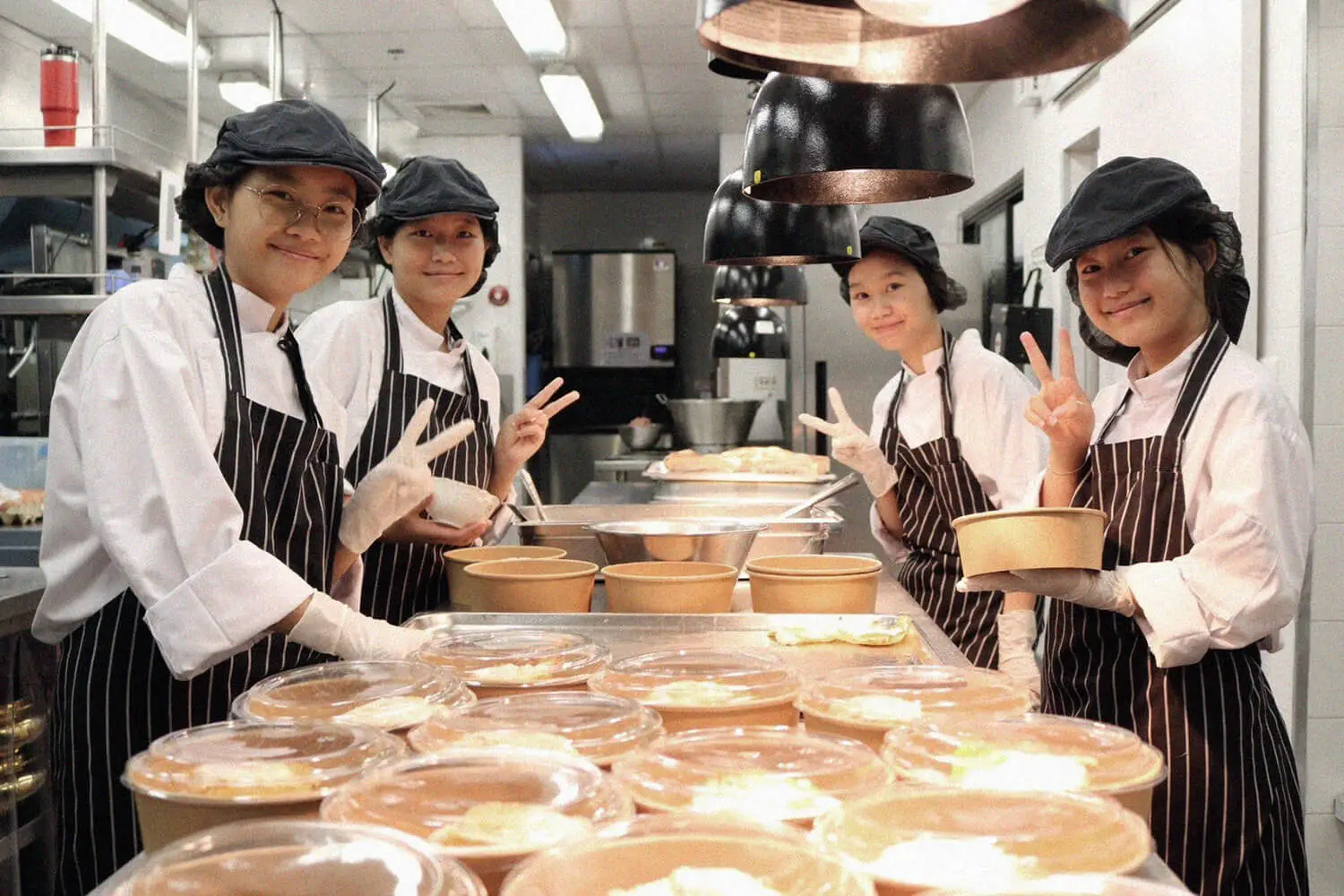
Thank you to Avika and the whole SATI team for sharing their precious time and insights with us!
For more on SATI, their IG is here and their website is here.
Photography by @primpatnasiri and @numchoks

